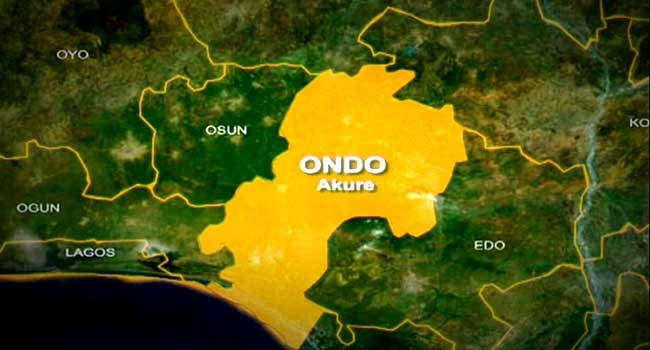The Nigerian Senate has urged the executive to ensure the allocation of at least 10 per cent of total annual budget revenue to agricultural production.
Chairman of the Senate Committee on Agriculture Production, Services, and Rural Development, Salihu Mustapha, made the call in Abuja on Monday, at the joint budget defence session of the Ministry of Agriculture and Food Security.
Mustapha said the Senate and House Committees on Agriculture Production, Services and Rural Development were concerned about the challenges facing the agricultural sector.
He, however, said that despite the challenges, the non-oil sector remained the largest contributor to the nation’s Gross Domestic Product with over 20 per cent.
He decried that the budget allocation to the sector remained a far cry from the 10 per cent of the nation’s budget under the Maputo declaration, to which Nigeria had committed.
“The agricultural sector has the largest potential to lead millions of Nigerians out of poverty and provide the much-needed food security.
“It is, therefore, imperative that the sector should be given the utmost priority in national economic policies and future budgets.
“I, therefore, call on the executive to exercise the political will to allocate at least 10 per cent of the national budgets and revenues
to the agriculture sector,” Mustapha said.
He said the budget defence process was not only important but also sacrosanct. He said both chambers of the 10th assembly had demonstrated readiness and commitment to work together in order to pass the 2024 budget in good and desirable time.
Mustapha commended the efforts of President Bola Tinubu and the executive for their desire, to revert to the January to December budget cycle.
This, he said, would enable the Federal Government to provide the laudable objectives of physical infrastructure and socio-economic services to our people.
“By this commendable effort, both the public and the private sectors will benefit from a budget cycle that is not only reliable but also predictable for planning and execution of their fiscal and financial policies and programmes.”
He assured the committee’s willingness and commitment to treat the budget process with the urgency and responsibility it deserved.
The Minister of Agriculture and Food Security, Sen. Abubakar Kyari, listed the ministry’s achievement in 2023 to include the procurement and distribution of 324,718 kilogrammes of certified maize seeds to farmer clusters in the six geopolitical zones of the country.
Kyari said the ministry distributed 2,300 tomato production, pest, and disease management packs to 2,300 resourced, poor smallholder tomato farmers in 10 tomato-producing states affected by Tuta absoluta in 2022 dry season production.
He listed the states to include Kano, Jigawa, Kaduna, Katsina, Borno, Gombe, Bauchi, Plateau, Nasarawa, and Benue.
He also listed the establishment of Rubber Rural Resource Centres (RRRC) with processing technology with a capacity of 1.85, including the installation and training of farmer clusters in Ogun.
“Procured 3,000,000 doses of Anthrax Spore Vaccine for the prevention and control of Anthrax in Nigeria; conducted disease surveillance and investigation for transboundary animals and zoonotic diseases such as Anthrax, Avian Influenza, Rabies, Bovine Tuberculosis and African swine fever.”
He said the ministry registered over 2,351 fertiliser operators across the country using the National Fertiliser Management e-portal platform, which generated direct and indirect employment over the years.
Kyari, however, decried inadequate budgetary provisions to execute critical projects and programmes that would stimulate national agricultural production.
According to him, less than two per cent of the national budget was committed to agriculture, as opposed to the 10 per cent agreed upon by the Africa Heads of State at the Maputo declaration.
He also decried inadequate overhead cost allocation to the ministry to meet its operational needs.
According to him, the effects of climate change and unprecedented flooding in most parts of the country have greatly interfered with agricultural activities in most agrarian communities.
(NAN)











